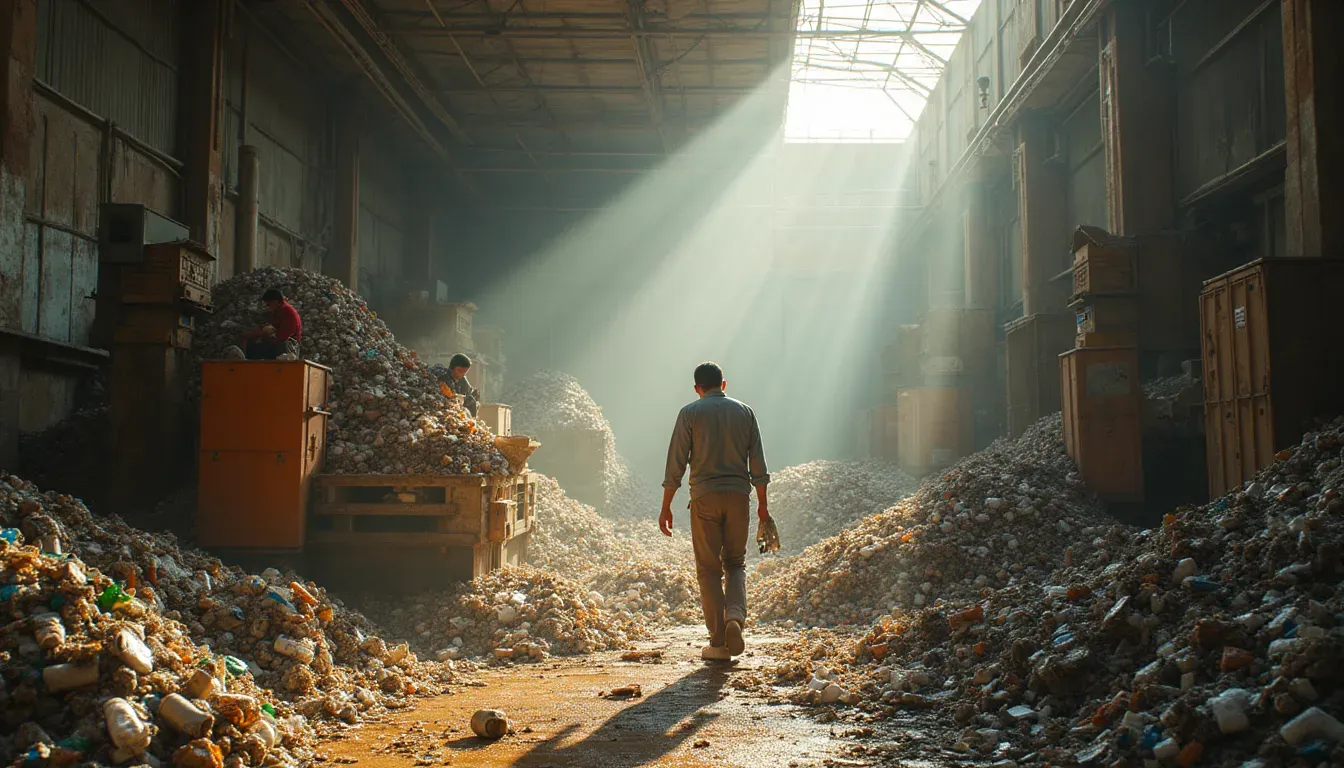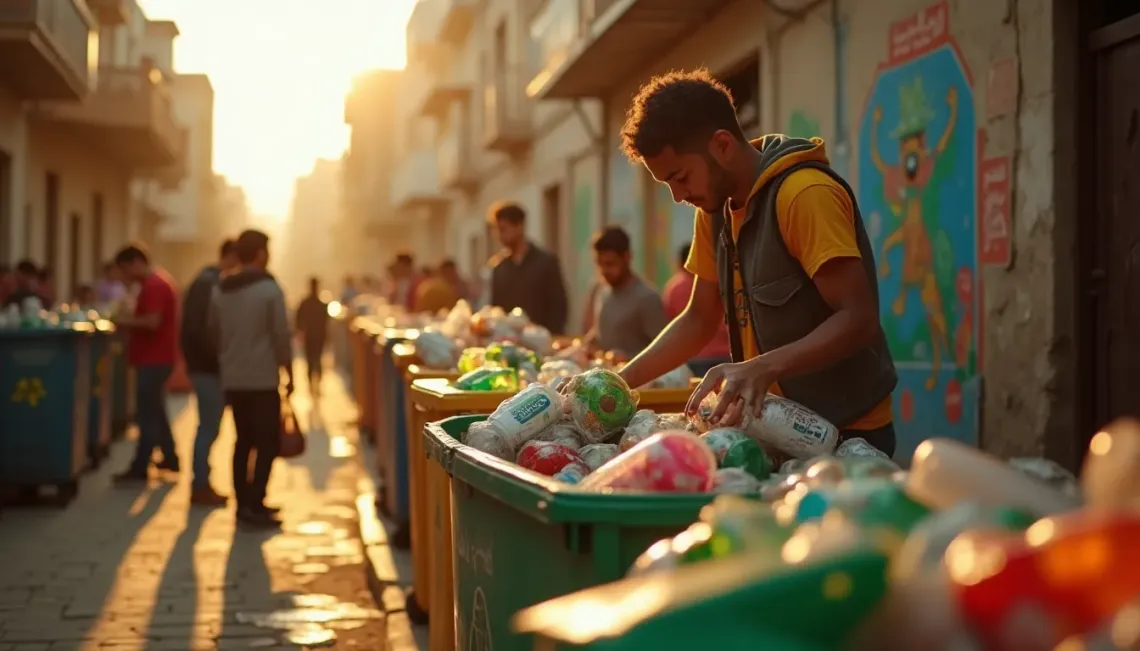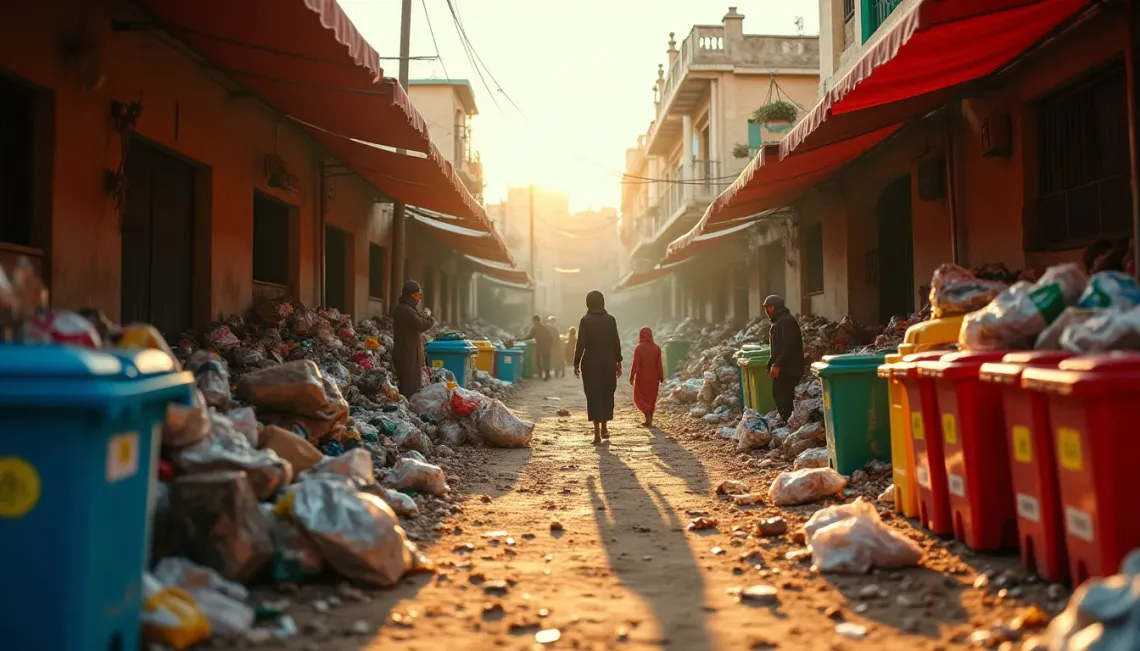In the heart of North Africa, Morocco is spearheading a Recycling Revolution, setting an innovative precedent for waste management on the continent. As the nation encounters mounting volumes of waste, it is embracing sustainable recycling practices that transform challenges into opportunities. This article delves into the multifaceted strategies Morocco is employing to transition from traditional waste practices to cutting-edge waste-to-wealth initiatives and how these efforts are bolstering the circular economy in Morocco.
Understanding Morocco’s Waste Management Landscape
Morocco's urbanization and burgeoning population have led to increased waste production. Historically, waste management involved landfilling, which posed environmental and health risks. Recognizing these challenges, the Moroccan government, alongside private stakeholders, has committed to revamping its waste management systems.
Key Drivers of the Recycling Revolution
Several factors fuel Morocco's Recycling Revolution:
- Government Policies: National strategies prioritize waste reduction, segregation, and recycling, moving towards a zero-waste future.
- Public Awareness: Educational campaigns boost public participation in waste sorting and recycling initiatives.
- Technological Advancements: Adoption of modern recycling technologies enhances waste processing efficiency.
Sustainable Recycling Practices in Morocco
At the core of Morocco's circular economy is the implementation of sustainable recycling practices. These involve the systematic separation of waste types, investment in recycling facilities, and promoting recyclable materials among manufacturers.
Waste-to-Wealth Initiatives
Morocco's waste-to-wealth initiatives exemplify innovative approaches to recycling. These programs not only minimize waste but also contribute economically by:
- Creating Jobs: Recycling centers and related industries provide employment and skill development opportunities.
- Boosting Local Economies: Recycled products stimulate local businesses and support sustainable economic growth.
- Supporting Renewable Energy: Converting waste into biofuels and energy reduces reliance on fossil fuels.
The Circular Economy in Morocco
The shift towards a circular economy is essential to the success of the Recycling Revolution. This model optimizes resource usage, prolongs product life cycles, and reduces environmental impact.
Long-term Impact on Sustainable Development
By fostering a circular economy, Morocco aims to achieve multiple sustainable development goals, including responsible consumption and production. This holistic approach ensures environmental preservation and economic resilience for future generations.
Future Perspectives and Challenges
Despite significant progress, challenges such as infrastructure limitations and investment gaps remain. However, continuous governmental support and international partnerships promise a promising future in advancing Morocco's waste management agenda.
In conclusion, Morocco's Recycling Revolution is a testament to the transformative power of innovative waste management. Through sustainable recycling practices and waste-to-wealth initiatives, Morocco is leading the way towards creating a circular economy that not only addresses waste effectively but also contributes to economic growth and sustainability. As these initiatives unfold, they serve as a scalable model for other nations grappling with similar waste management challenges.




